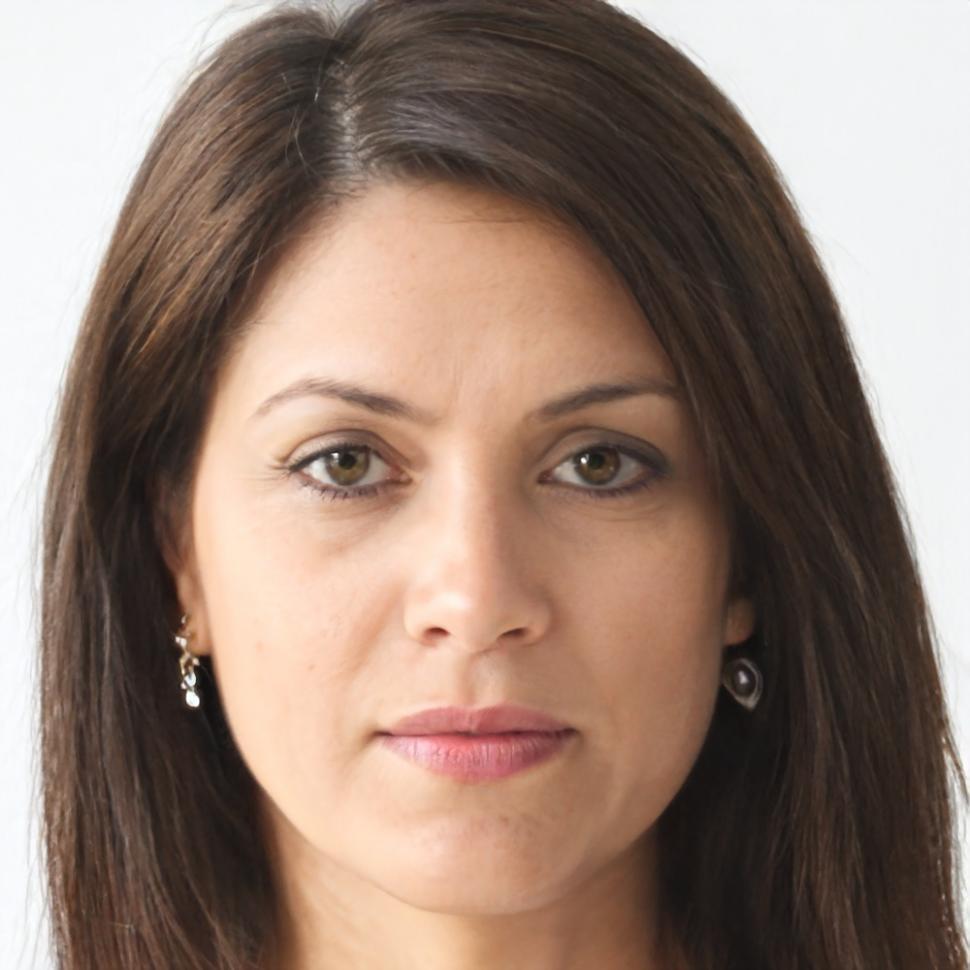Financial Foundations Program
Build practical budget management skills through our structured six-month curriculum. From basic expense tracking to advanced financial planning strategies.
Join September 2025 CohortLearning Modules Overview
Budget Planning Fundamentals
We start with expense categorization and income analysis. You'll learn to track spending patterns using both digital tools and traditional methods. Real household budgets serve as case studies throughout this foundation module.
Debt Management Strategies
Understanding different debt types and repayment approaches. We cover consolidation options, negotiation techniques, and priority systems. Students work through personalized debt reduction plans with instructor guidance.
Savings and Investment Basics
Emergency fund creation and goal-based saving strategies. Introduction to investment vehicles suitable for beginners, risk assessment, and portfolio diversification principles. Practical exercises with mock investment scenarios.
Your Financial Skills Journey
Our program builds competencies progressively. Each stage prepares you for more advanced concepts while reinforcing practical application of previous learning.
Foundation Level (Weeks 1-8)
Master basic budgeting concepts and develop consistent tracking habits. Students typically find their spending patterns become clearer during this phase.
- Expense Categorization
- Income Analysis
- Budget Creation
- Financial Goal Setting
Intermediate Level (Weeks 9-16)
Apply debt management strategies and begin building emergency savings. This stage often brings the most significant behavioral changes as students see real progress.
- Debt Prioritization
- Emergency Planning
- Cost Optimization
- Financial Negotiations
Advanced Application (Weeks 17-24)
Develop investment knowledge and long-term financial planning skills. Students create comprehensive financial plans extending five to ten years into their future.
- Investment Research
- Risk Assessment
- Tax Planning
- Portfolio Management
How We Measure Progress
Learning happens through practice, not just theory. Our assessment approach focuses on real-world application and personal financial improvement rather than traditional testing methods.
Budget Portfolio Review
Students maintain monthly budget documentation showing actual vs. planned spending. We review these portfolios quarterly to track improvement and identify areas needing attention.
Goal Achievement Tracking
Each student sets measurable financial goals at program start. We monitor progress through regular check-ins and adjust strategies based on real results and changing circumstances.
Peer Discussion Groups
Small group sessions where students present challenges and solutions. These discussions help consolidate learning while building confidence in financial decision-making.

Margot Thorne, Lead Instructor
"I've been teaching financial planning for twelve years, and what excites me most is watching students gain confidence in their money decisions. Our program isn't about perfection—it's about progress and building skills you'll actually use."